Global Leaders of Digital Human Rights
With precision and rigor, clarity of purpose and radical generosity, audacity and imagination, the Global Leaders of Digital Human Rights are not only doing the urgent work to address the individual, structural, and systemic harms of the digital age. They are also creating new possibilities and pathways forward to ensure we are all protected and have the freedom to thrive.


The Global Leaders are a brilliant constellation of truth-tellers, risk-takers, scholars, organizers, scientists, poets, data warriors, strategic thinkers, persistent doers, activists, Afro-futurists, matriarchs, and trailblazers. We center their collective leadership and brain trust to create new worlds that include us all.
GLOBAL LEADERS

Rosemary Ajayi
Digital Sherlock
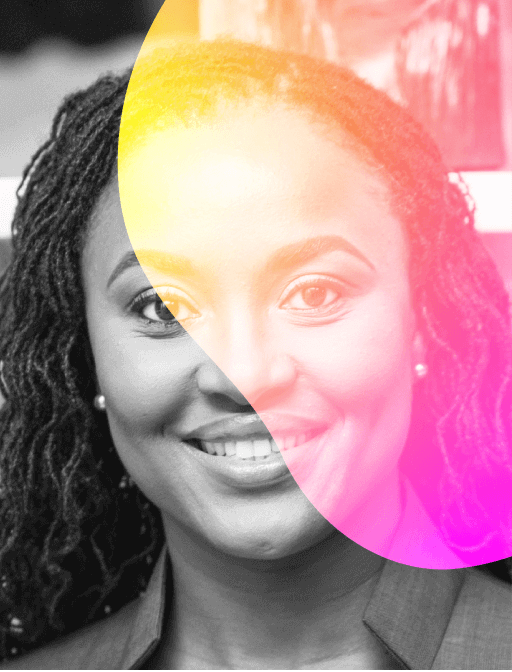
Teki Akuetteh
Tenacious Policy Shaper
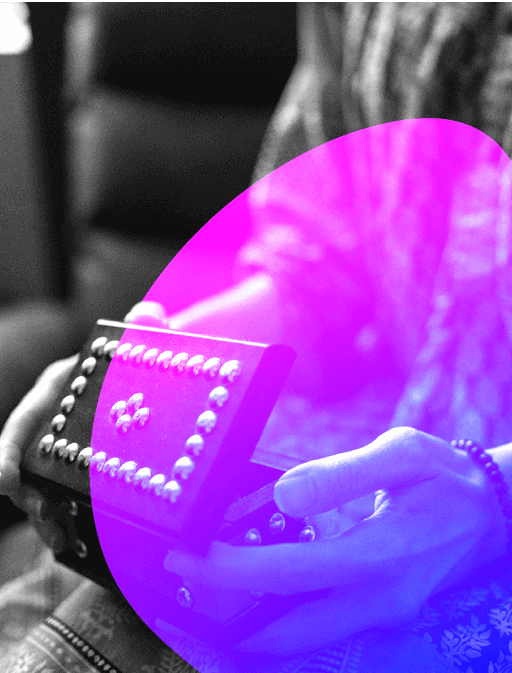
Esra’a Al Shafei
Multi-Platform Powerhouse
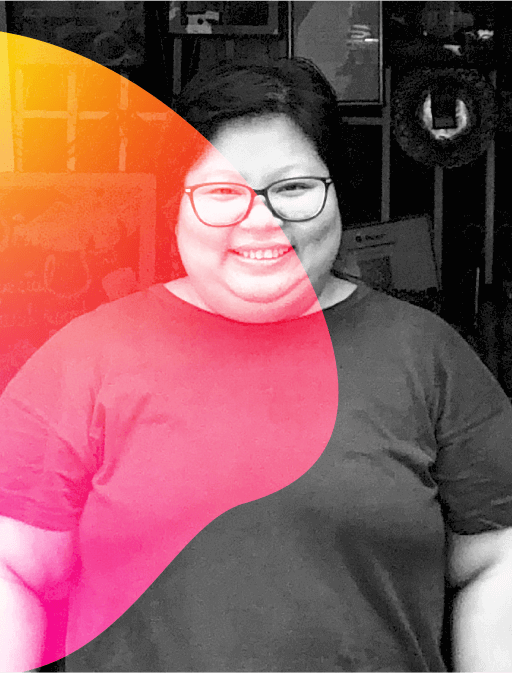
Htaike Htaike Aung
Beacon of Light
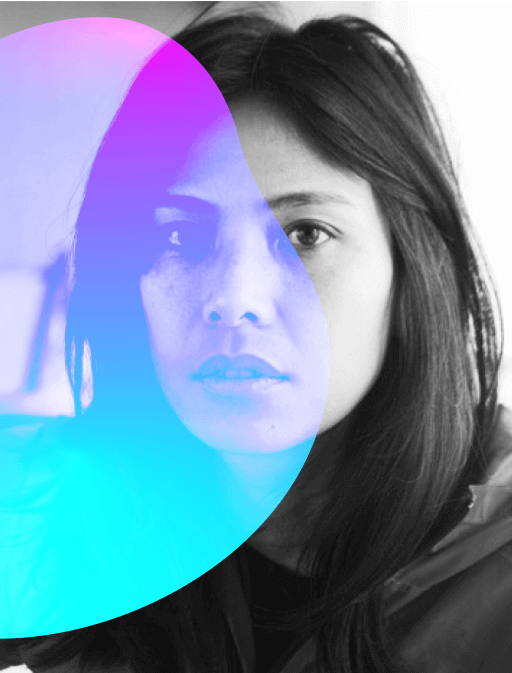
Tiffiniy Cheng
Architect of the Future
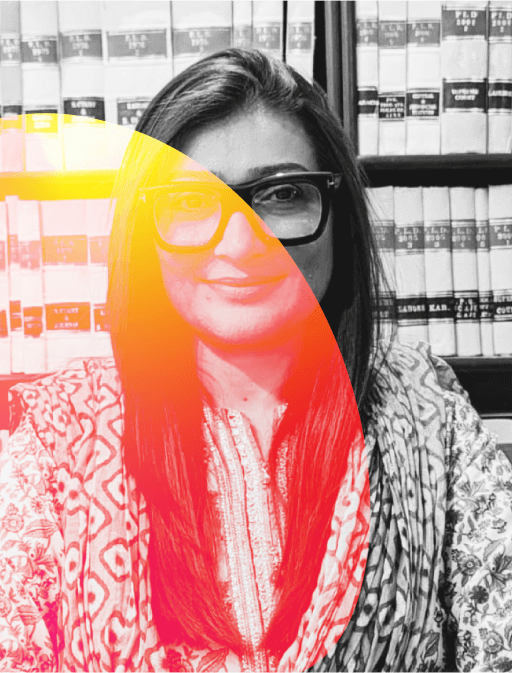
Nighat Dad
Unbreakable Cyber Shield
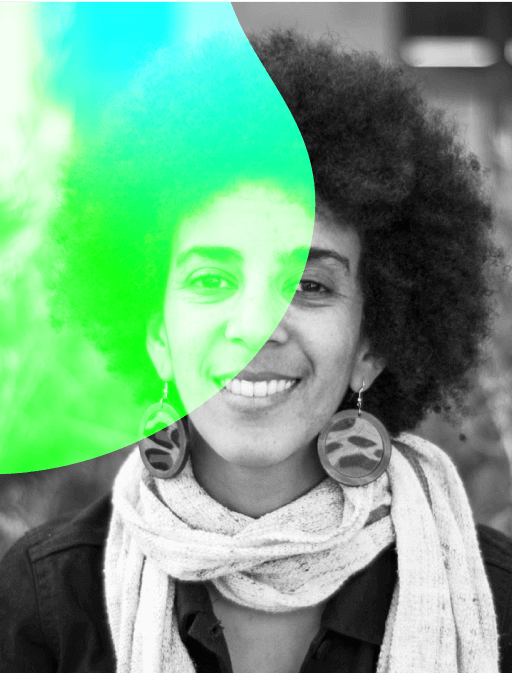
Dr. Timnit Gebru
Truth-Telling Technologist
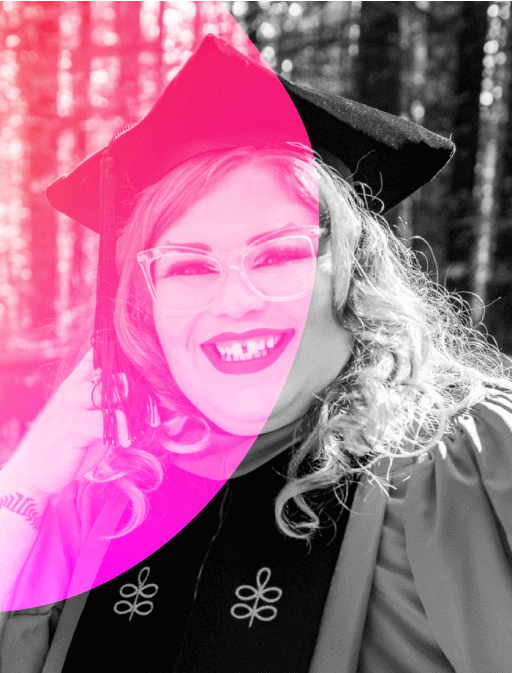
Dr. Blythe K. George
Indigenous Data Warrior
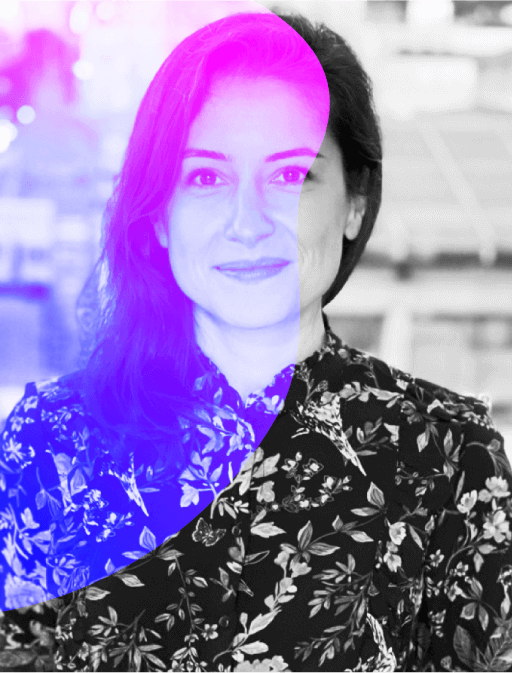
Arzu Geybulla
Press Freedom Fighter
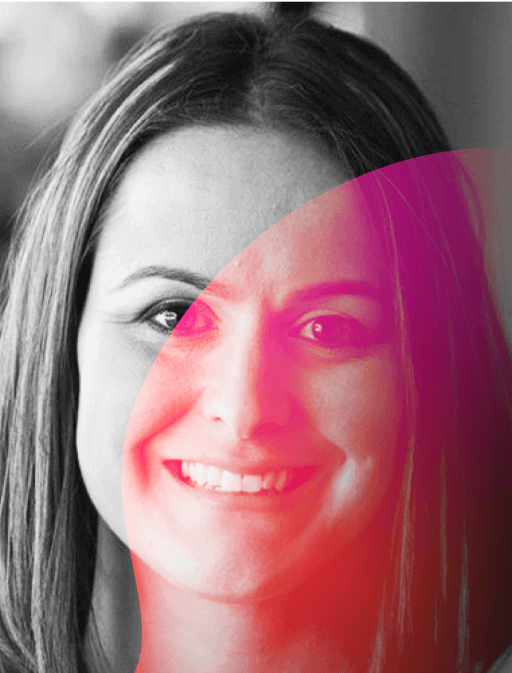
Jessica J. González
Mighty Movement Builder
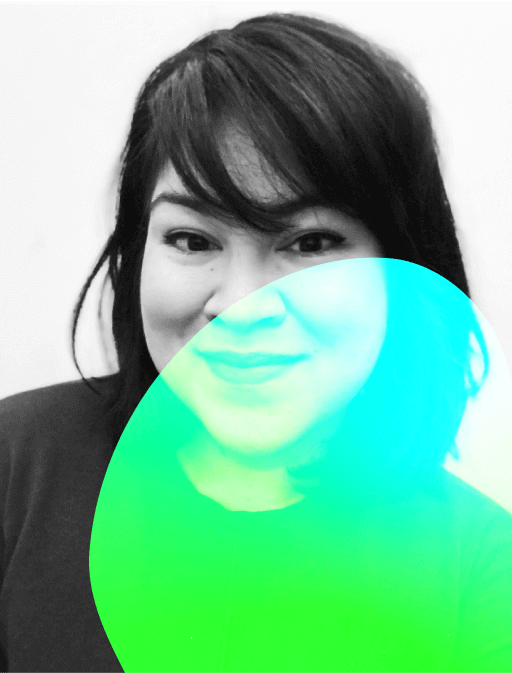
Marianne Díaz Hernández
Digital Provocateur
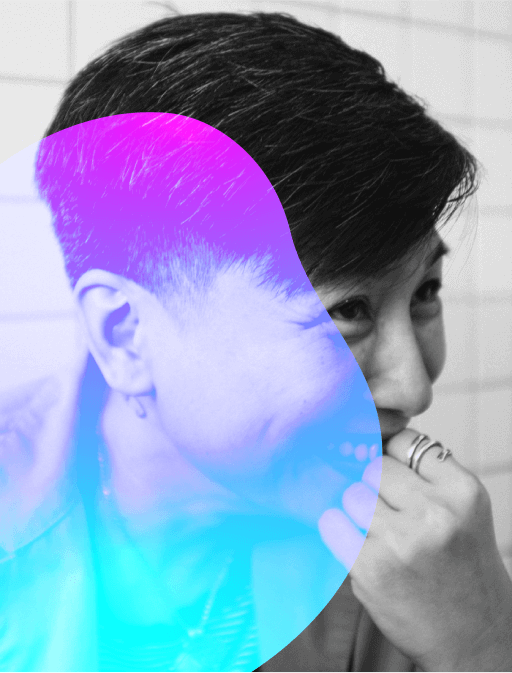
Jac sm Kee
Feminist Tech Champion
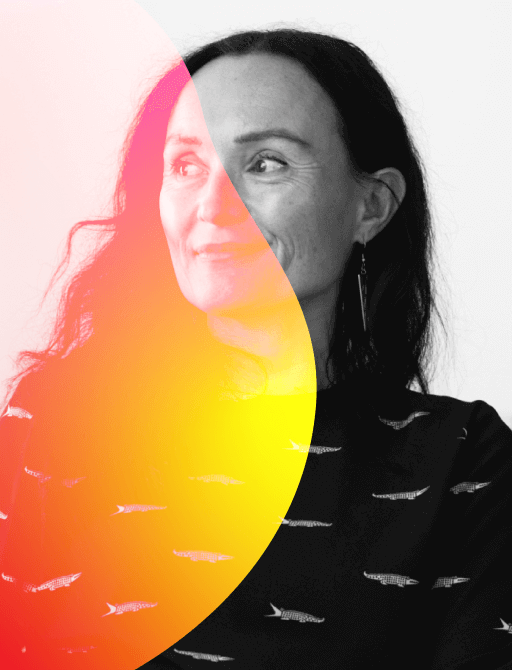
Dr. Tahu Kukutai
Guardian of Knowledge
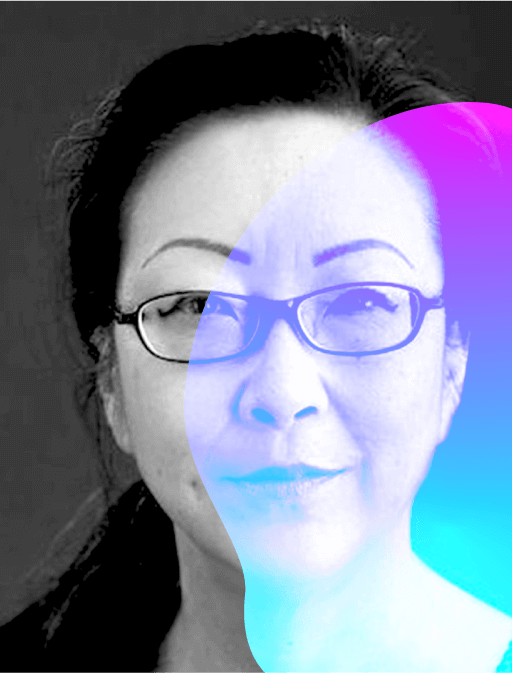
Libby Liu
Talisman to Truth Tellers
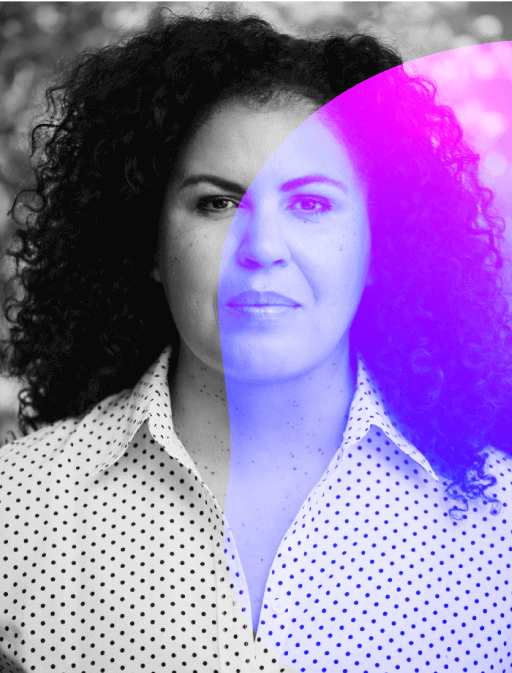
Dr. Safiya U. Noble
Illuminator of Justice
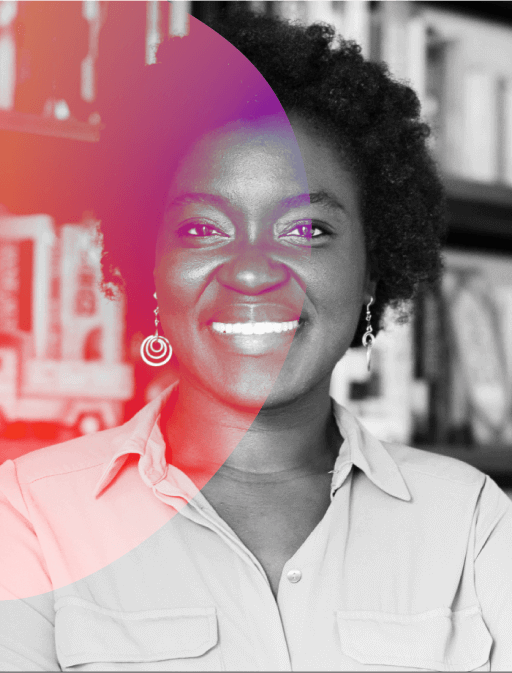
Nanjala Nyabola
Interrogator of the Status Quo
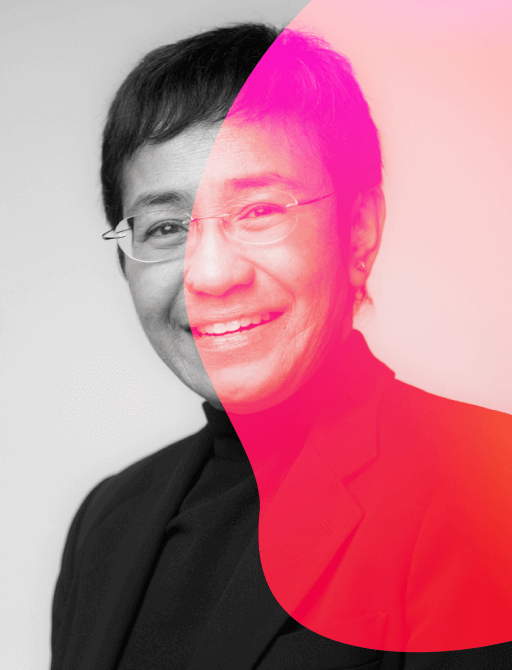
Maria Ressa
Relentless Democracy Defender

Thenmozhi Soundararajan
Breaker of Chains
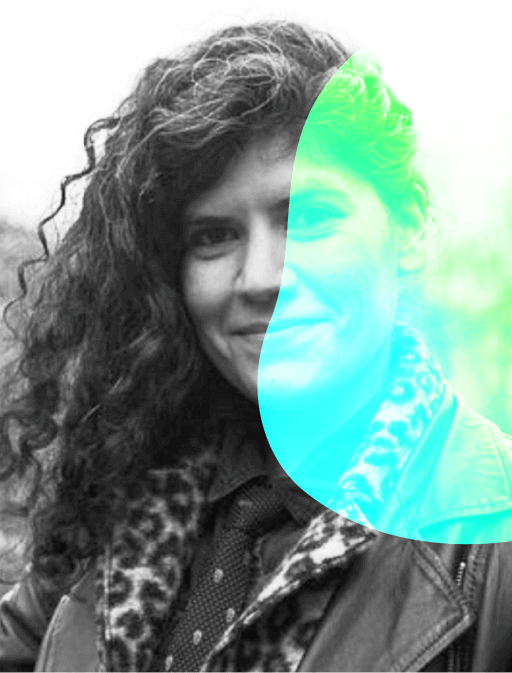
Joana Varon
Creative Chaos Catalyst


JOIN OUR NEWSLETTER
Sign up to receive occasional updates and announcements.
Thank you for signing up.

Galvanized by a deeply disturbing online attack, Rosemary became acutely aware that the expansion of digital space encroaches on every area of our lives. As the boundaries blurred between Rosemary's online and offline existence, her purpose came into sharp focus. She realized that gendered online abuse and political disinformation are systems-wide problems with dire consequences and subsequently founded Digital Africa Research Lab. She is an integral part of the Next Billion Network of global activists tackling technology-induced harms in some of the world's most high-risk countries. Often working behind the scenes, Rosemary's impact is felt but not always seen in public. She operates with the conviction that people need to know their rights in order to fight for them, and that actions speak louder than words.

Teki Akuetteh is at the forefront of technology policy in Africa as the founder of Africa Digital Rights Hub. Based in Accra, Ghana, Teki takes a pragmatic approach to internet governance, working directly with governments across the continent to shape policy legislation, regulatory frameworks and implementation. As a lawyer and policy expert, she focuses on privacy and data protection, multilateral approaches to information technology governance, and ethics in AI. Teki proves that when it comes to digital human rights, the world has much to learn from the expertise of African women.

Esra’a Al Shafei is a fearless and prolific human rights activist based in Bahrain. She is the founder of Majal.org, a network of digital platforms amplifying under-reported and marginalized voices in the Middle East and North Africa. Her work centers on migrant rights in the Gulf region, protection for LGBTQ youth, and gender-based rights. Esra’a’s advocacy for freedom of expression extends to independent artists and musicians using their voices to build movements for social justice within and across borders. Alongside Jac sm Kee, she is co-founder of Numun Fund, dedicated to supporting feminist technology in the Larger World. In the face of personal risk, Esra’a continues to fight for human rights in the digital age.

The arc of Htaike Htaike's digital rights activism traces the course of Myanmar's history of being online. As an early adopter of user-generated tech, Htaike Htaike saw the internet’s potential to bring about greater freedoms in her country. As technology was instead weaponised for oppression, Htaike Htaike mobilized community networks to document human rights violations and demanded accountability from the leaders of the world's biggest social media platforms. While Myanmar's digital dictatorship consolidates its grip on power following the military coup in 2021, Htaike Htaike refuses to let her people be relegated to the shadows of history. She bears witness, escalates the collective response to uphold digital rights, and fights for a peaceful future.

Tiffiniy Cheng focuses on upending arbitrary powers and laws that seek to limit openness, privacy, and freedom of expression. She is a trailblazer in the world of public interest technology and mass mobilization campaigns. As co-founder of Fight for the Future, she created some of the earliest online viral protests including the first Internet Blackout in 2012, the largest online coordinated day of action in history. She helped build the groundwork behind today’s antitrust movement for tech sector accountability and is turning her astonishingly effective focus to building A-Teams, nimble and high-impact activism that captures the debate to win policy change for the public interest.

For over a decade, Nighat Dad has been working on issues of online content moderation, as well as tackling online violence against women, minorities, and other vulnerable groups. What began as an urgent personal mission to claim her civil rights as a woman in Pakistan has grown into global impact as she advocates for human rights directly to governments and technology companies. Despite the hurdles, Nighat remains unwavering in her commitment to not only protecting women and other groups made vulnerable in the digital age, but also in advancing the autonomy of all people in determining their future.

Guided by research rigour and a strong ethical code, Dr. Timnit Gebru speaks with unflinching clarity on the limits and possibilities of AI. She is a world-renowned technologist with expertise in facial recognition and computer vision, large language models and computational linguistics. Dr. Gebru seeks truth to shift power and her impact on the field of artificial intelligence resonates far beyond Silicon Valley. She is an outspoken advocate for workers rights and uses her public platform to raise awareness of the ongoing humanitarian crisis in Tigray, Ethiopia. Dr. Gebru leads the Distributed AI Research Institute and is part of the ongoing lineage of brilliant Black and African diaspora women advancing the field of computer science. She embodies the power of women who refuse to be silenced.

Dr. Blythe K. George is an Indigenous data warrior of the Yurok Tribe. She is building the data sovereignty of tribal nations, carrying forward the knowledge and values of her ancestors to address intergenerational trauma and healing. Mentored by Yurok matriarchs reclaiming culturally-rooted systems of justice, collective responsibility and community care, she is actively intervening to break the cycle of missing and murdered Indigenous women and peoples. She is deeply rooted in the sovereign territory of her people, and her scholar-activism is creating a model for other Indigenous nations seeking paths to wellness and restorative justice on their own terms.

As a working journalist, Arzu Geybulla has faced extreme online harassment simply for doing her job. She has documented the authoritarian regime in her home country through Azerbaijan Internet Watch and reported on vital news from Turkey and across the South Caucasus region. Since 2014, she’s focused on tackling the issue of safety for women journalists, and the wider issues of digital authoritarianism. Central to Arzu’s work are the issues of gendered disinformation, online censorship and surveillance, and the increasing threats from authoritarian tech to press freedom, civil society and human rights.

Jessica J. González is a racial justice advocate and the co-CEO of Free Press , where she is focused on interconnected issues that impact millions of people around the world, namely media and platform accountability, free and open internet, press freedom and public interest journalism, media control, privacy and surveillance. She co-founded Change the Terms , a coalition of more than 60 civil and digital-rights groups disrupting online hate and disinformation, and she sits on the Real Facebook Oversight Board. Jessica draws on her legal training and lived experience in her policy advocacy by, with, and for communities.

Marianne Díaz Hernández is a human rights activist focused on issues of biometrics and data privacy, online freedom of expression, internet governance, and digital security. She founded Acceso Libre, a volunteer-based digital rights organization that documents threats to human rights in the online environment in Venezuela. She’s earned international plaudits for standing up to the government, while simultaneously being targeted for those same actions by those in power. She is a lawyer by training and a writer by vocation. She co-founded Casajena Editoras, a migrant, self-managed, diverse, multi-genre and multicultural independent publishing house sharing the work of authors whose writing explores those spaces in which we live and coexist.

Jac sm Kee is a feminist activist working at the intersection of internet technologies, social justice and collective power. Their work is informed by a background in independent journalism, design and community organizing. They have led successful global campaigns to address gender-based online violence and co-authored the Feminist Principles of the Internet. Jac is the co-creator of Numun Fund, the first dedicated grantmaking fund for feminist technology in and from the Larger World.

Dr. Tahu Kukutai is a global leader of Indigenous Data Sovereignty, articulating inherent and inalienable rights Indigenous peoples have to the collection, ownership and application of data about them, their lifeways and territories. Her work illuminates what data sovereignty means for Indigenous peoples in pursuit of self-determination. She belongs to the Ngāti Tiipa, Ngāti Māhanga, Ngāti Kinohaku, and Te Aupōuri tribes from Aotearoa. She carries the cultural values of her community in everything she does and is passing down that knowledge to a new generation of scholars. Dr. Kukutai exemplifies Indigenous women asserting their inexorable power.

Libby Liu helps uphold the rights of courageous individuals to speak publicly and inform the public discourse. As CEO of Whistleblower Aid, Libby helps to protect truth-tellers and human rights defenders around the world, especially those who are exposing abuses of power in the digital age. She has spent her career supporting pro-democracy activists and independent journalists in some of the world’s most repressive environments. Her leadership to create the Open Technology Fund has nurtured the development of vital public interest technologies used by more than two billion people around the world, underpinning a free and uncensored internet. Through her work, Libby demonstrates how technology can be used to promote peace and shift power from the hands of a few to the hands of the people.

Dr. Safiya U. Noble literally wrote the book on “Algorithms of Oppression” which describes how search engines reinforce racism by design, not by accident. She is an influential scholar in the field of ethical technology, confronting uncomfortable but necessary truths about the power of algorithms to proliferate systems of oppression and what she terms ‘technological redlining’. She founded Equity Engine, serves on the Real Facebook Oversight Board and publicly advocates to hold the larger tech ecosystem accountable for perpetuating discrimination, exclusion, and real-world harms. Her work prioritizes mutual aid, draws on the rich tradition of Black feminist scholarship, and imagines liberatory futures for all people.

Nanjala Nyabola is a leading voice from Kenya on human rights broadly and digital rights specifically. Her research and writing focuses on the intersection of technology, media and society. She has documented the impact of digital technology on politics and democracy and initiated the groundbreaking Kiswahili Digital Rights Project. She is sought after for her expertise in global platform governance and larger questions of tech accountability and collective responsibility. With precision and eloquence, Nanjala centers Africans in transformative narratives that resist the Western gaze.

Over the course of her three decades long career in journalism, Maria Ressa has led international newsrooms, reported from conflict zones, and covered the biggest global news stories, including the war on terror. More recently, her work on the scale and reach of disinformation networks culminated in being awarded the 2021 Nobel Peace Prize, in recognition of her "efforts to safeguard freedom of expression, which is a precondition for democracy and lasting peace." In the face of enormous pressure and personal risk, Maria continues to do her job as a journalist, reporting the facts and exposing the truth. True to form and undeterred by government intimidation, Maria vows to keep fighting for press freedom and digital human rights.

Thenmozhi Soundararajan confronts entrenched caste oppression as a courageous Dalit American activist working at the intersection of technology, collective action, and social justice. Her intersectional, cross-pollinating work—research, education, art, activism, and digital security—helps to create a more generous, global, expansive, and inclusive definition of South Asian identity, along with safe spaces from which to honor the stories of these communities. She co-founded Equality Labs, the largest Dalit civil rights organization working to empower caste-oppressed people in the US and globally. She mobilizes the South Asian diaspora towards the goal of ending caste apartheid, gender-based violence, white supremacy, and religious intolerance. Despite the backlash, Thenmozhi refuses to accept the status quo and remains committed to holding power to account in Silicon Valley and beyond.

Joana Varon brings vital Latin American perspectives to global movements for digital human rights. She leads Coding Rights, a feminist organization working to expose and redress power imbalances built into technology, particularly those that reinforce gender inequity and global North/South divides. She is co-creator of several creative projects operating in the interplay between activism, arts and technology. Joana’s work also explores the implications of AI in Latin America through an intersectional feminist lens. Based in Brazil, she works in solidarity with civil society groups and communities fighting for freedom of expression and self-determination.